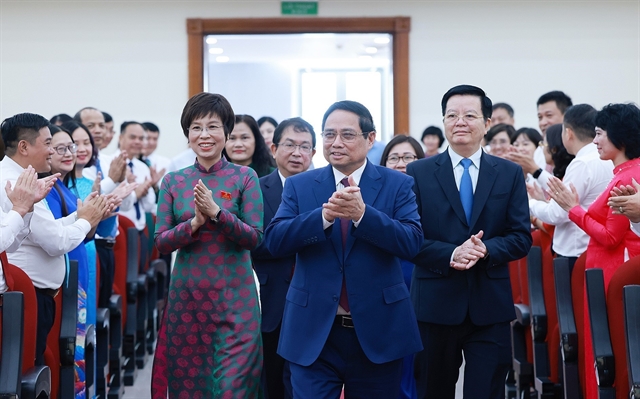 World
World


|
| Photo taken at Nanzoin temple in Sasaguri, Fukuoka Prefecture, on June 27 shows a sign in English informing visitors they must pay an entry fee. KYODO/VNA Photo |
FUKUOKA — A temple in southwestern Japan is drawing controversy and criticism for its recent decision to charge admission only to foreign tourists, at a time when issues related to people from abroad are gaining attention in the national election.
Since May, Nanzoin in Fukuoka Prefecture, known for its 41-metre-long reclining Buddha statue, has been charging foreign visitors 300 yen to enter, saying the funds are needed to address nuisance behavior.
An expert told Kyodo News that the move "lacks transparency", as debate over the pricing policy for foreign tourists - whose numbers have reached a record high - has intensified ahead of Sunday's House of Councillors election.
A sign reading "Visitors" in English stands at the entrance to the area surrounding one of the world's largest statues of its kind, where foreigners line up to pay a fee at a reception window. Those with proof of long-term stays in Japan for work or study are exempt.
As Japanese people are not charged, no explanation in Japanese appears on the sign. Staff or security guards confirm verbally, asking questions like "Are you from Japan?" before directing them to bypass the line without waiting.
Kakujo Hayashi, the temple's head monk, said the number of foreign guests has surged since Japan lifted COVID-19 restrictions, bringing more littering, drinking and fireworks use on the grounds, as well as misuse of bathroom facilities.
"We want someone to take responsibility for the extra costs" of cleaning and security, said Hayashi, 72, adding, "It is not discrimination."
Differential pricing based on nationality is not without precedent abroad, with major attractions such as India's Taj Mahal charging foreign visitors more for admission to help cover maintenance costs while keeping access affordable for locals. — KYODO/VNA
 World
World
 World
World
 World
World
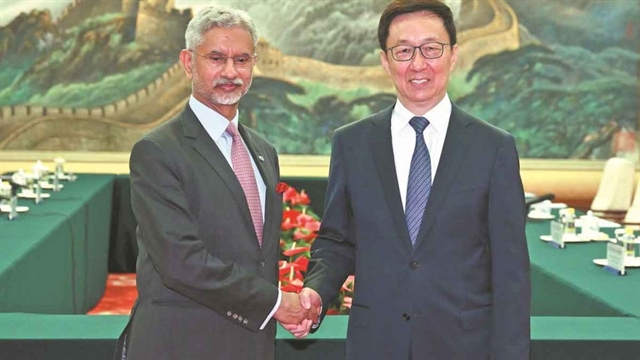 World
World
 World
World
 World
World
 World
World
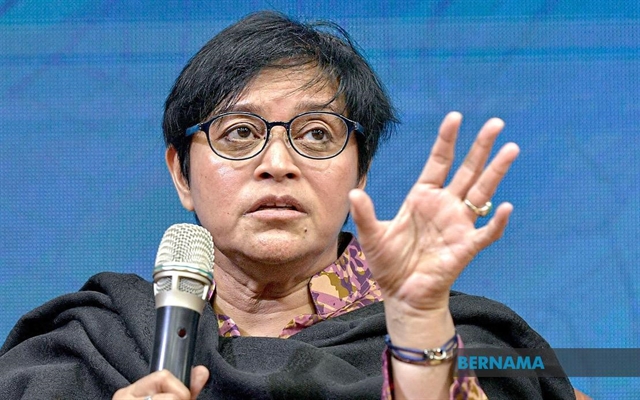 World
World
 World
World
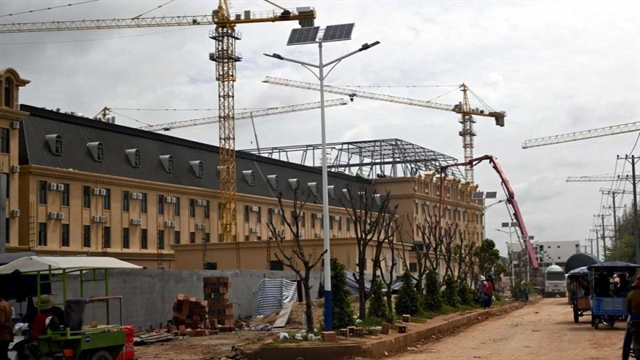 World
World
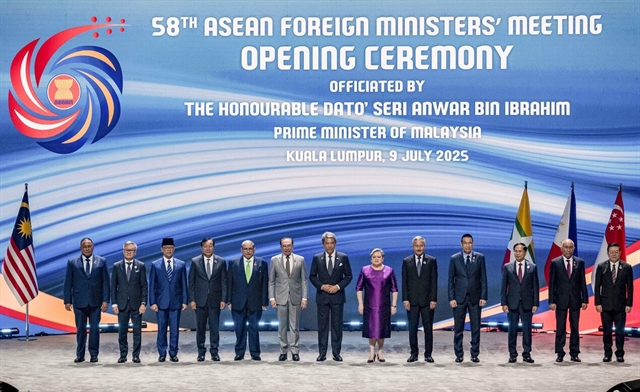 World
World
 World
World
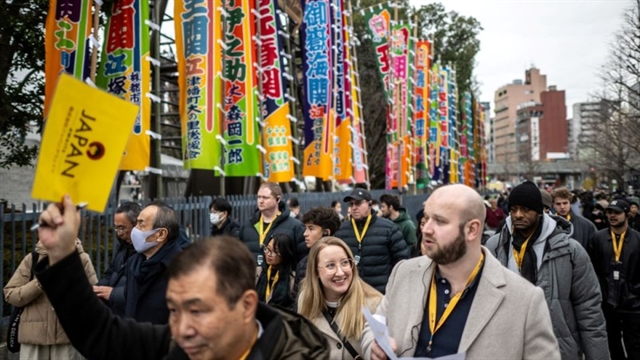 World
World
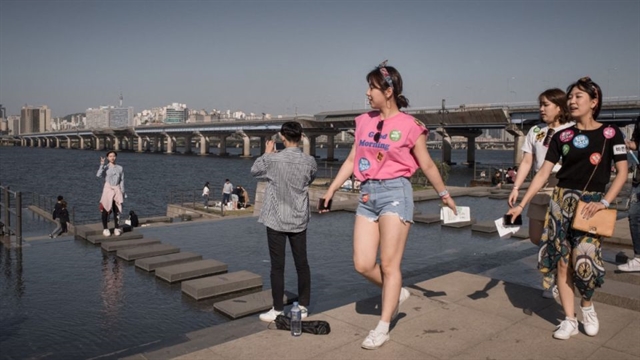 World
World






